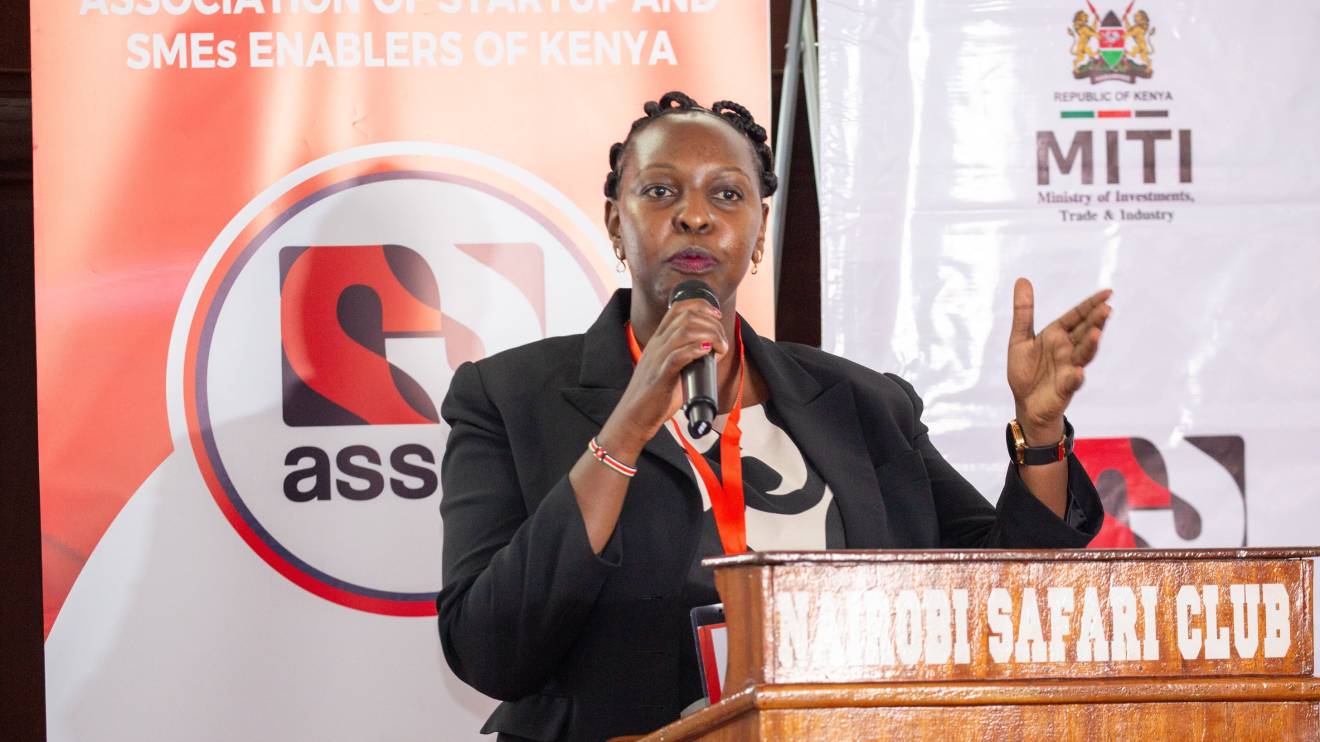The Association of Startups and SMEs Enablers of Kenya (ASSEK) is urging a shift in how business support is distributed, advocating for its decentralization to county levels.
This move aims to empower and cultivate innovation throughout Kenya, not just in major cities like Nairobi.
Currently, a staggering 87 per cent of entrepreneurship support services are concentrated in these urban centres, leaving remote founders struggling to access the resources they need to thrive.
ASSEK believes that by decentralizing this support and making crucial financial assistance and guidance available at the county level, the commercial potential of Kenyan startups and SMEs can flourish nationwide.
A recent report by ASSEK, highlighted during a policy roundtable titled "Building An Enabling Environment For Entrepreneurship Ecosystem Actors," proposes a multi-pronged approach. Upgrading county innovation centres is a key component.
Read More
These centres would be transformed to offer crucial digital services, grant funding, and expert advice on navigating price-client access tradeoffs.
Additionally, the report emphasizes the importance of improving the physical accessibility of these centres, ensuring they are well-equipped and strategically located.
Formalized support systems are essential for propelling Kenya to its next innovation phase, according to Mercy Kimalat, Chief Executive Officer of ASSEK.
She added that Kenya's innovation scene is already a continental powerhouse, ranking third in Africa with energy and environment sectors leading the charge.
However, Kimalat emphasized the potential for further growth.
"Kenya’s innovation scene, which is ranked third in Africa with energy and environment sectors being the best performing industries, has room for further growth that will enable more startups to scale up creating new products while opening up more job opportunities," Kimalat stated during the event attended by over 120 leaders of entrepreneur support organizations.
She said decentralized support could unlock the ability for more startups to scale up, creating groundbreaking new products and generating substantial job opportunities across the country.
Kimalat further stressed the need for comprehensive programs that address critical areas like access to affordable capital, digitization tools, skilled talent, and strategic guidance on client acquisition and service pricing.
The roundtable also shed light on ongoing collaborations under the Kenya Industry and Entrepreneurship Project, a joint initiative by the Kenyan government and the World Bank designed to bolster the nation's entrepreneurial ecosystem.
Promoting collaboration between ASSEK, key government agencies, and Enterprise Support Organizations (ESOs) was another central theme of the event.
This push for decentralized support signifies a critical shift in how Kenya approaches innovation. By empowering entrepreneurs nationwide, the country has the potential to unlock its full entrepreneurial potential and solidify its position as a continental leader in the field.


-1757243598.jpg)






-1757244564.jpg)
